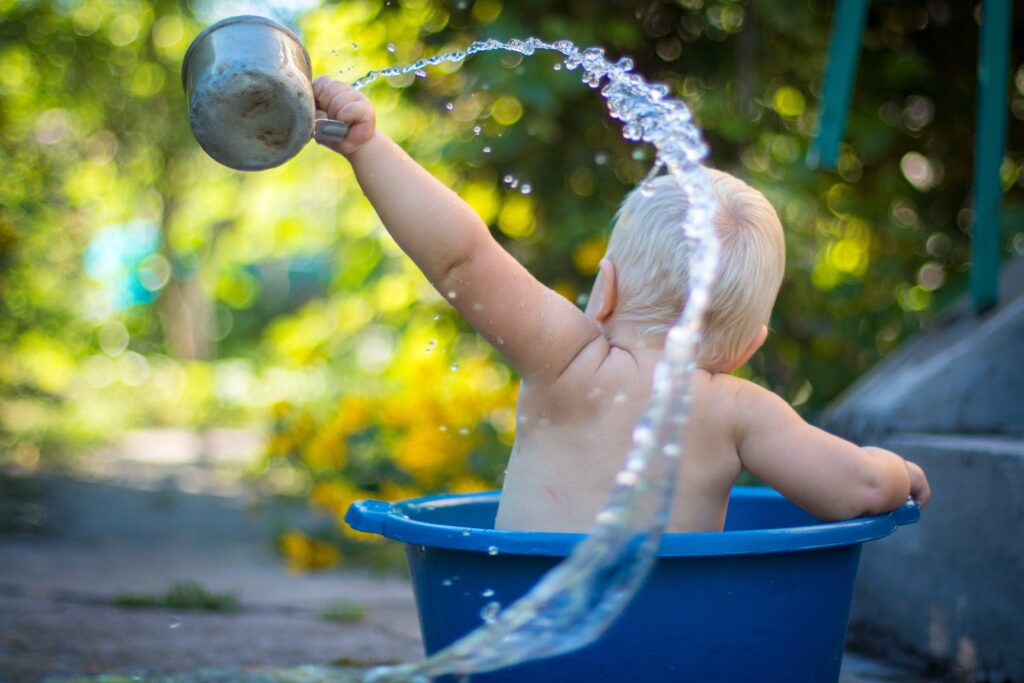
Are you feeling tired, sluggish, or experiencing other strange symptoms? It’s possible that you may not be drinking enough water.
Water is essential for our bodies to function properly. It helps to regulate our body temperature, transport nutrients, and flush out waste. However, many people don’t drink enough water and may not realize the impact it has on their overall health and well-being.
One of the most obvious signs that you are not drinking enough water is thirst. If you feel thirsty, it means that your body is already dehydrated. Other symptoms of dehydration include a dry mouth, dry skin, headaches, fatigue, constipation, dark urine, dry and itchy eyes, dizziness, and muscle cramps.
How much water should you be drinking?
But how much water should you be drinking? The general guideline is to aim for eight 8-ounce glasses of water per day or about 64 ounces. However, this can vary based on your age, sex, weight, and activity level. For example, if you are exercising or spending time in hot or humid conditions, you may need to drink more water to compensate for the fluids you are losing through sweat.
It’s important to pay attention to your body’s thirst signals and make an effort to drink enough water throughout the day. This can be challenging, especially if you don’t enjoy the taste of water or if you are busy and forget to drink.
To help you stay hydrated, try carrying a water bottle with you, setting reminders on your phone, or adding flavor to your water with slices of fruit or herbs.
Benefits Of Drinking More Water
Drinking enough water has numerous benefits, including improved energy levels, clearer skin, and better digestion. It can also help to prevent headaches, reduce the risk of certain chronic diseases, and improve overall health and well-being.
So next time you feel thirsty or experience strange symptoms, consider whether you might be dehydrated and make an effort to drink more water. Your body (and your overall health) will thank you.
Signs That Show You Need to Drink More Water
Dry Mouth and Dry Skin Dehydration can cause your mouth and throat to feel dry and sticky and can lead to bad breath. It can also cause your skin to lose its elasticity and appear dry and flaky.
Headaches and Fatigue Even mild dehydration can cause fatigue and make you feel tired and sluggish. It can also cause headaches, especially if you are not getting enough fluids on a regular basis.
Constipation and Dark Urine Dehydration can cause constipation, as the body doesn’t have enough fluids to flush out waste properly. It can also cause your urine to be dark yellow or amber in color, which is a sign that you are not drinking enough water.
Dry and Itchy Eyes and Dizziness Dehydration can cause dry, itchy eyes, as the body doesn’t have enough fluids to keep the eyes lubricated. It can also cause dizziness, especially if you are standing up or moving around.
Muscle Cramps Dehydration can cause muscle cramps, especially during exercise or in hot, humid conditions.
Dehydration can affect your health in addition to the short-term symptoms of dehydration, not drinking enough water can also have long-term health consequences.
Chronic dehydration can lead to a range of health issues, including kidney problems, urinary tract infections, and even seizures. It can also weaken the immune system and make you more susceptible to illness.
Final words
It’s important to drink enough water to keep your body hydrated and functioning properly. Aim to drink at least eight 8-ounce glasses of water per day, and more if you are exercising, in hot or humid conditions, or have certain medical conditions that require increased fluid intake.
By paying attention to your body’s thirst signals and making an effort to drink enough water, you can help to prevent the short-term and long-term health consequences of dehydration.
